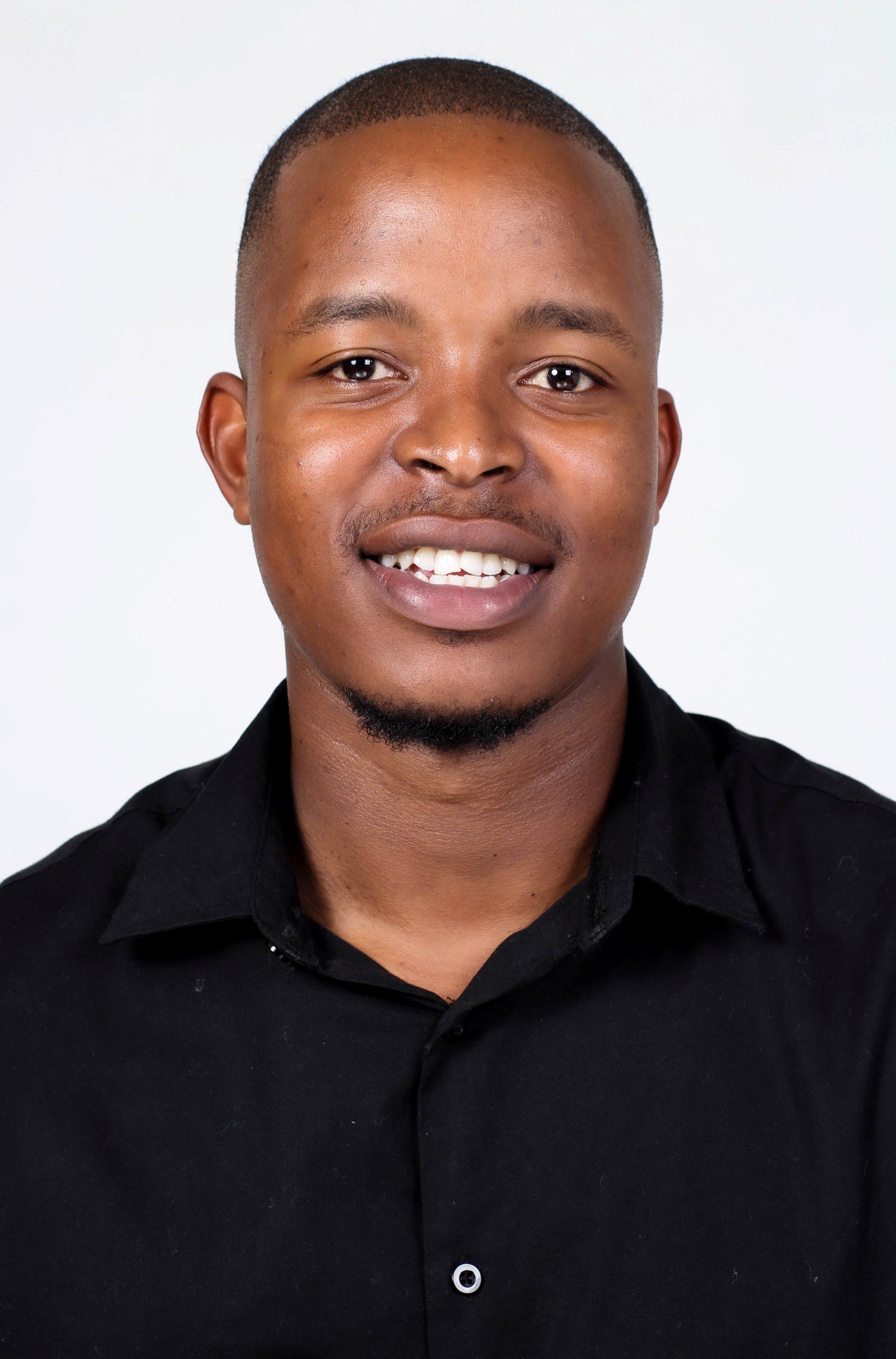The following is one of the Q&A features in a series of interviews with writers that David Kamau Njambi features across his social media platforms. He interviewed Qazini’s content manager, Lesalon Kasaine, and explored his experiences as a writer. The series, Writers Routine, aims to empower budding and seasoned writers, readers, and literary fans with insights, tips, and strategies that fuel creativity and help overcome writing and reading challenges.
***
Where or when do you write?
I have a writing desk in a corner in one of the rooms in my home. On the wall, I’ve stuck some sticky notes with quotes written on them. One of the quotes is by A.M. Holmes, “Just show up. That’s half the battle”. Another is “At the heart of mastery lives consistency”.
On when I write, I’d say almost all the time, especially thrillers, in my head. I call it imaginative research, living in the scenes I want to create or retell. When it comes to real writing, my plan is to write daily. Though I have failed at maintaining that discipline. It’s a habit I am working to have; routines are powerful, even if you’re practising something for just twenty minutes daily. I read on the days I fail to write. Sometimes a lot, sometimes just a chapter.
However, when writing journalistic features, or a client’s memoir—these have deadlines—I have to force myself to keep going back to my desk. That’s where the quote comes in handy: “Just show up. That’s half the battle.”
What is your research process?
For fiction, I observe my surroundings a lot. The news, the way people behave, etc. It feeds my fiction-generating mind. After all, fiction is a ghost-like representation of reality. I then research on Google and interview experts who can give me information. For example, for the thriller anthology 3 Bolts from the Blue, I interviewed Detective Andrew Njagi of the DCI. Sometimes I watch videos. I go through anything that gets me the information I need.
For feature stories and creative works of reportage, I do my homework on the subject and interview credible sources for credible voices. Normally, I’d rather have too much info than I need than have too little. Sometimes I download and print out images if they feed my imaginative research.

What inspires you?
God inspires me. Look at the universe and you’ll marvel at His creativity. I am His child, and the thought of that reminds me that I have creativity in my DNA. That inspires me. Life also inspires me. Listening to other people’s stories and observing life as different people go through it. I ask myself, “What if?” The question helps me spin a fictional world from a real-life observation. Reading other great writers also inspires me, the way they stitch words together with great care and prowess, painting mental motion pictures in the minds of readers. I say to myself, “This I too want to do!”
What do you eat or drink when you write?
I always have a bottle of water near me. Sometimes it’s a cup of milk. Last year it was coffee, but I’ve since lost my extreme love for coffee. I instead exercise in the morning to get blood flowing well. It heightens my acuity. Read about BDNF (Brain-derived neurotrophic factor). The World-Changer’s Manifesto explains it. However, exercising is a habit I fail to keep every morning. I’m working on it. I quit anything alcoholic, and I deliberately chose to live a healthier lifestyle. I laugh at those who are deluded that writers have to indulge in alcohol or other drugs.
How do you solve writer’s block?
I leave the work and do something else, like read, go for a walk, hang out with loved ones, or watch a movie, then when I circle back, it’s always with a fresh mental mandate. When I have to keep working, if it’s fiction and there’s a scene I am looking forward to writing, though I am stuck on another scene, I skip to the one I am excited about writing. Later, I go back and connect. Another tip that’s helped me is writing in scenes. When my mind is thinking in motion pictures, it’s easier to keep flowing as opposed to when I am writing ‘explanations’, not scenes.
What are you currently reading?
The World-Changer’s Manifesto by Robin Sharma and Straight Into Darkness by Faye Kellerman.
What is your writing ritual?
I spend time mapping out the story outline while allowing room for characters to surprise me. I also map out the outline for human interest features and other articles. I write in silent environments; the only sounds I welcome are the sounds of nature. Apart from one time when I wrote a story while playing the instrumentals of a ticking clock. The story was fast-paced, and I wanted my mind to be alert to racing against time and to translate that into visceral suspense. I mostly have my phone on Do Not Disturb when writing, and occasionally, I pace my room, brainstorming in between writing.
You will also love: Jowie Irungu, Jacque Maribe, Monica Kimani and One Mistaken Identity: How a Murder Case Nearly Destroyed My Life
***
David Kamau Njambi is a Global book scout and bibliophile on a mission to spotlight stories, authors, and book news from every corner of the world with heart and context. He is passionate about elevating minds through storytelling and literature.




